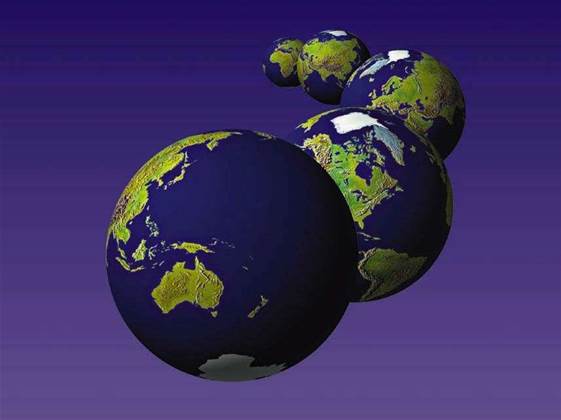Australia has slipped behind New Zealand in the latest OECD fixed broadband penetration rankings released overnight – further evidence, the Government says, of the need for the NBN.

The latest OECD rankings placed Australia 18th out of 31 countries. New Zealand ranked number 17.
It represented a reversal of fortunes for the two countries in the rankings. In the last release, Australia ranked 17th.
"If Australia wants to remain competitive in our region, and as the world moves to a 21st century digital economy, we need to act now," Communications Minister Stephen Conroy said.
"This report is further evidence that Australia cannot afford to stand idly by with our aging copper network and sub-standard broadband services."
However, Opposition communications spokesman Malcolm Turnbull suggested Conroy was "drawing a long bow" in suggesting the OECD figures supported the business case for the NBN.
"As usual the Minister oversells the benefits of fibre to the home superfast broadband," Turnbull said.
According to the OECD statistics, Australia ranked 13th in terms of the total number of wired broadband subscriptions by country.
Broadband subscriptions were still relatively expensive compared to other OECD countries, with Australia ranking fifth highest. New Zealand prices were slightly cheaper.
The latest OECD report said there were 294 million fixed broadband subscriptions in the OECD area, up from 283 million in the last reporting period.
DSL was the most widely used technology in the OECD, accounting for 58 percent of all lines, followed by cable (29 percent) and fibre based connections (12 percent).


_(22).jpg&h=140&w=231&c=1&s=0)

.png&h=140&w=231&c=1&s=0)




_(26).jpg&w=100&c=1&s=0)

 iTnews Executive Retreat - Security Leaders Edition
iTnews Executive Retreat - Security Leaders Edition











_(1).jpg&h=140&w=231&c=1&s=0)



